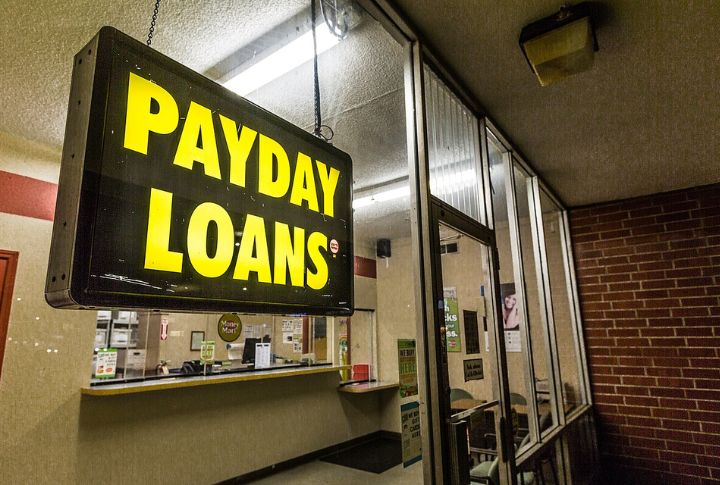
Money mistakes don’t always come wrapped in drama. They often wear the mask of “smart decisions.” It’s the little habits we think are helping that quietly chip away at our progress. Some sound responsible, even logical, but over time, they reveal just how easy it is to sabotage good intentions. Here are some instances.
Using Credit Cards To “Boost Credit Score”

Financial experts consistently warn that the “more cards equals better credit” myth can seriously damage your financial health. While responsible credit use builds scores, recklessly opening multiple accounts often triggers the opposite effect—lowering scores through high utilization ratios, missed payments, and too many new accounts.
Paying Only The Minimum On Debt

Making minimum credit card payments creates a deceptively dangerous math problem. Those small payments barely touch the interest charges, leaving your actual debt nearly frozen in place. Take a $5,000 balance at 18% interest. Paying just the minimum stretches repayment to an astounding forty years.
Buying Extended Warranties On Everything

Ever notice that anxious feeling when declining warranty coverage, like you’re tempting fate? You’re already better protected than you think. Between standard manufacturer warranties, automatic coverage from many credit cards, and the fact that most products sail smoothly through their warranty periods anyway, those pricey add-ons are just redundant peace of mind.
Investing In Trendy Stocks Without Research

Market analysts consistently observe a concerning pattern among retail investors who chase trending stocks based solely on social media buzz. This behavior typically disregards fundamental research and proper due diligence, exposing portfolios to extreme volatility and substantial downside risk.
Focusing Solely On Price Discounts

Those enticing price slashes seem like a shortcut to savings paradise, but chasing discounts can lead straight to a financial dead end. While retailers cleverly mark up prices before sales to create irresistible “deals,” shoppers often overlook quality and end up loading up on unnecessary items.
Ignoring Inflation When Saving

Ah, the classic savings account mirage: watching those numbers climb higher and feeling financially invincible. But here’s the cheeky reality check. While you’re celebrating your growing balance, inflation is throwing a party of its own, steadily munching away at your purchasing power.
Relying On Payday Loans In Emergencies

Payday lenders market their loans as quick emergency solutions, but the reality tells a darker story. What begins as a seemingly simple stopgap turns into a crushing financial trap, as borrowers face astronomical APRs above 300% and punishing fees. These loans don’t solve emergencies.
Believing Debt Consolidation Is Always A Solution

Many people fall into a predictable debt cycle: mounting bills lead them to consolidate, breathing a temporary sigh of relief at simplified payments. But without tackling the real spending issues underneath, they gradually pile on new debt while still paying off the consolidated amount. Soon, they’re searching for another consolidation solution.
Investing In Cryptocurrencies Blindly

Unlike traditional investments with their built-in safeguards and regulatory oversight, cryptocurrency markets operate in a far riskier frontier. Where conventional assets offer investor protections, blind crypto investing leaves you exposed to dramatic price swings, potential scams, and devastating losses, making thorough research absolutely critical.
Keeping All Savings In One Bank

FDIC insurance coverage extends only to specific limits per depositor at each bank. This makes concentrating all savings in one institution particularly risky, as bank difficulties or system outages could restrict access to your entire financial cushion. A smart protective strategy involves strategically distributing funds across multiple banks.
